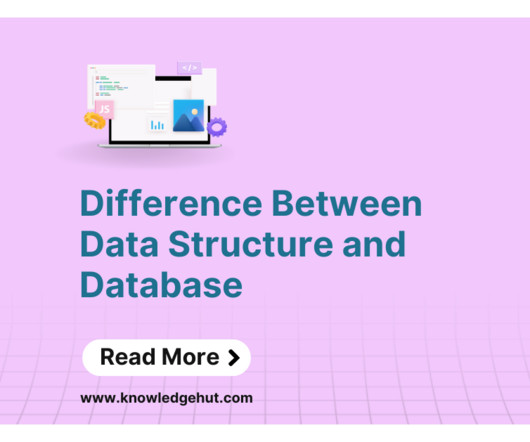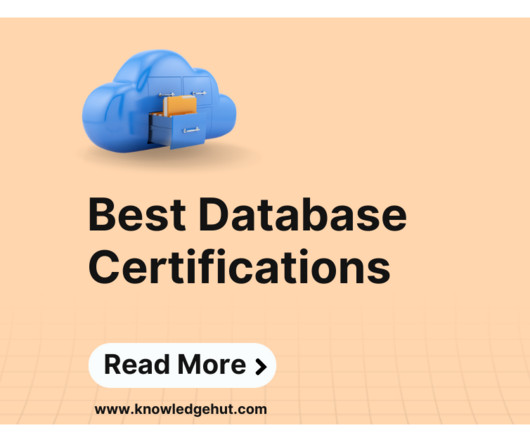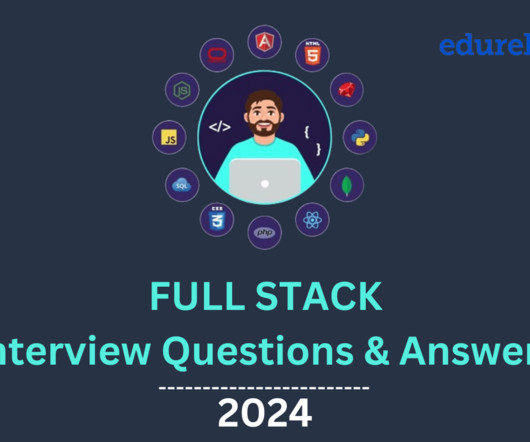Planet Scale SQL For The New Generation Of Applications With YugabyteDB
Data Engineering Podcast
JANUARY 13, 2020
YugabyteDB is an open source database designed to support planet scale workloads with high data density and full ACID compliance. Your host is Tobias Macey and today I’m interviewing Karthik Ranganathan about YugabyteDB, the open source, high-performance distributed SQL database for global, internet-scale apps.












Let's personalize your content